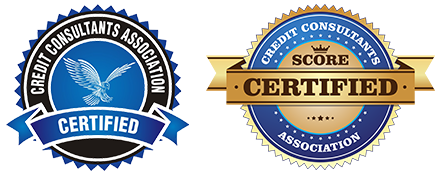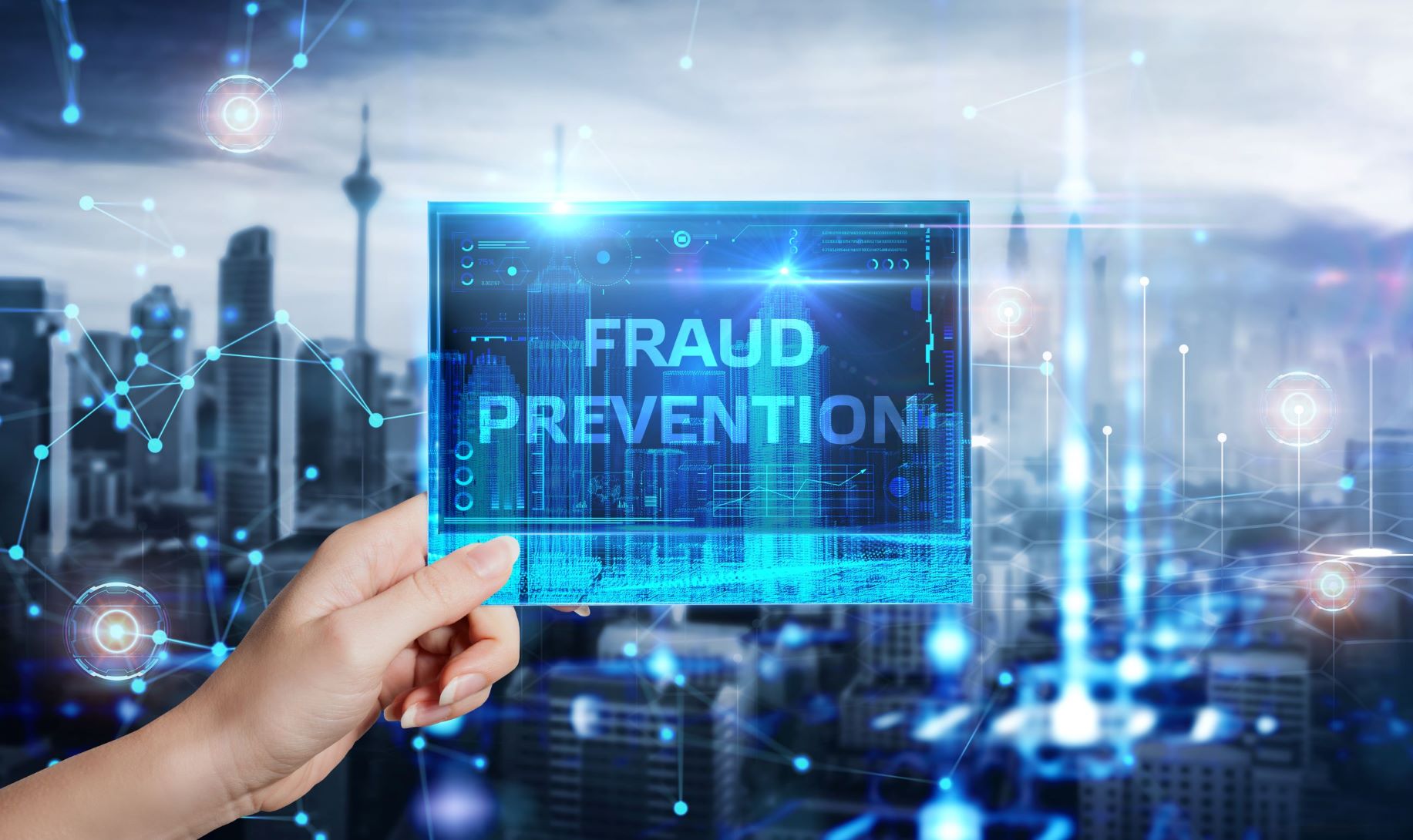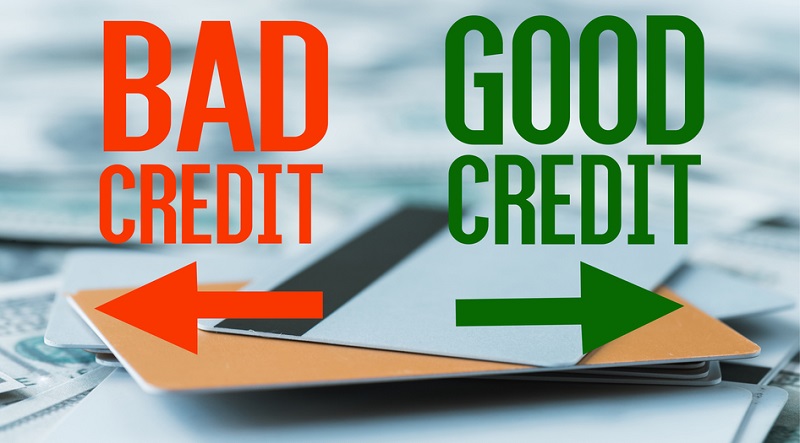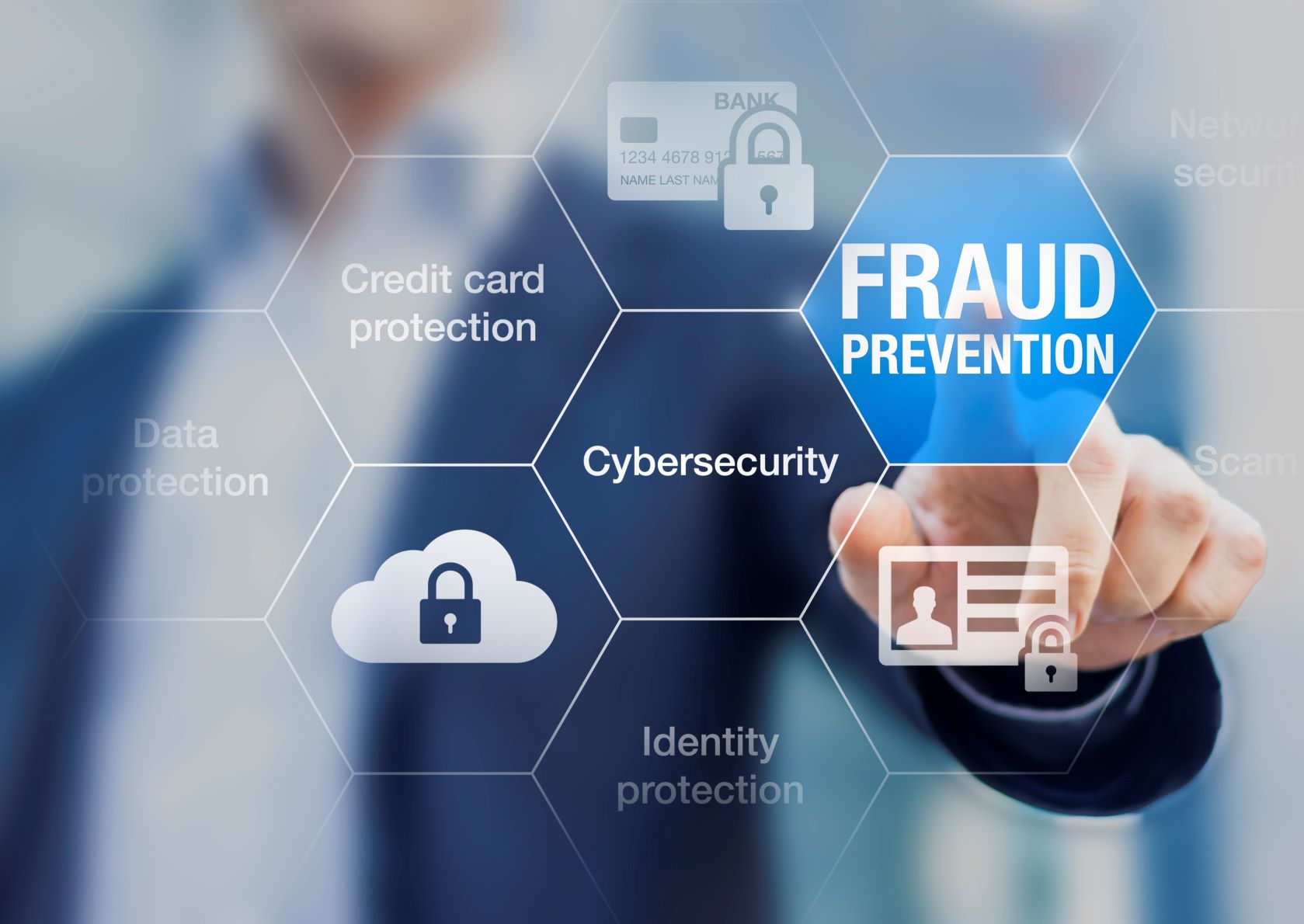- Home
- Derogatory
- How to Fix Delinquent Credit
How To Fix Delinquent Credit. The Smart, Quick, And Easy Way!

Learn how to fix delinquent credit. Sometimes you might accidentally miss making a payment on your credit card or be late on payments because your paycheck has not yet come through. Usually, this type of delinquency is understandable and easy to resolve.
Your credit card score might even go unaffected! However, it would be best if you did not fail to pay your credit card bills for too long, say like two months' worth of unpaid bills. Credit card delinquency of this type has serious potential to damage your credit score.
The ease of recovering from credit card delinquency depends on the magnitude of the oversight. Minor credit card delinquencies are simple to resolve and relatively easy to recover. Contrastingly, failing to pay your credit card bills for too long could end up costing you badly.
Learn how to fix delinquent credit. Because you risk having your credit account charged off and closed, having your debt sent to collections, and having your wages seized to settle the debt. Also, you risk getting a 7-year stain on your credit report if you get a derogatory mark.
How to Fix Delinquent Credit And What Is It Exactly?
Credit card delinquency is when you have pending credit card bills. Most credit card companies give a 30-day grace period before reporting delinquent credit accounts to the credit bureaus.
This grace period gives you ample time to make payments for outstanding credit card bills. So, your overdue credit card bill will not affect your credit score negatively.
A 60-day credit account delinquency will not only prompt your credit card issuer to raise your interest in the penalty APR rate but also affect your credit score.
Delinquency of 120 days or more may force your lender to send your debt to collections and close your credit card account.
How To Check For Credit Card Delinquency!
If you want to check for delinquency in your credit bills, visit your online credit card account or contact your issuer's customer service. Your credit card has a number on the back, and call it to get in touch with your credit company's customer service.
You will view all your payments and confirm whether you have any pending bills. Usually, your lender notifies you of overdue payments by mailing, emailing, texting, or sending a mobile alert.
How To Fix Delinquent Credit

Step 1 - If you regularly fail to make timely credit payments, your credit delinquency may spiral out of control, and it could be tough to recover.
If your credit card bills are overdue for 30 days or more, your priority needs to be paying them as quickly as possible. The sooner you pay your pending credit card bills, the sooner you'll dodge delinquency.
Step 2 - If you want to know how to fix delinquent credit, contact your credit card company. Most card issuers have hardship programs.
For example, your lender might reduce your monthly payment. Besides, you might be able to postpone credit card payments for some time if your request for a credit card forbearance plan is approved.
Step 3 - If your overdue payments exceed 120 days, your credit card issuer will move your debt to collections. Contact the debt collection company and try to structure a payment plan. You may even negotiate a debt settlement agreement that will allow you to make a lump-sum payment of between 50 and 80 percent.
The moment you discover you have delinquent credit, make quick payments. You can have your delinquency removed if it is the first time you are late and your debt is not overdue by more than 30 days.
4 Frequently Asked Questions Related To Delinquent Credit!
1. Is My Credit Card Usable During Delinquency?
Your credit card is usable during the early days of credit card delinquency. Remember that your lender applies a penalty APR if your delinquency exceeds 60 days. This means you'll have to pay higher interest rates on any new purchases you charge to your card and your outstanding balance.
If you extend your debt delinquency beyond four months, your lender or bank may cancel or close your credit account. You will not make purchases using your old credit card(s) in simple terms. However, you're still accountable for your unpaid debt.
2. Will Your Bank Cancel Your Credit Card If You Are Delinquent?
If your credit is delinquent for 120 to 180 days, the bank will charge it off. A charge-off means canceling your credit card, and a charge-off can severely hurt your credit score and stain your credit report with a derogatory mark for years.
3. Can Delinquent Credit Hurt Your Credit Score?
Delinquent credit can negatively affect your credit score if you fail to settle your overdue payments within 30 days.
Your credit report will have a derogatory mark if your credit is delinquent for three to four months. This may co-occur with your lender opting to cancel your credit card.
A derogatory mark on your credit score is so bad that it might prevent lenders from giving you loans in the future. So, ensure you pay off your credit card debt on time to avoid getting a derogatory mark on your credit report.
4. Will Settling Debts With Collections Recover Your Credit Score?
Settling your debt with your collections agency can positively affect your credit score. However, the stain of a derogatory mark on your credit report will stay put.
Don't Delay! Fix Delinquent Credit On Your Credit Report Now!

You can reduce the impact of delinquent credit on your credit score by making timely payments. Suppose your delinquent credit has not been sent to collections or charged off yet. Making timely debt payments is the best way to reduce the delinquency's impact on your credit score.
Although the few late payments will still appear on your credit report. Maintaining a good history of timely payments can make your lenders overlook a short period of delinquency.
If you fail to pay off your delinquency, it can become derogatory for up to seven years. If, after seven years, an old debt has not fallen off your credit report.
Contact the 3 major credit bureaus:
Equifax, P.O. Box 740241 Atlanta, GA 30374-0241 Phone Number 1-800-685-1111
Experian, P.O. Box 2104 Allen, TX 75013-0949 Phone Number 1-888-397-3742
TransUnion, P.O. Box 1000 Chester, PA 19022 Phone Number 1-800-916-8800
And ask that they take the delinquent debt off your credit report.
Learn how to fix delinquent credit. According to studies, because you may have a delinquency that is not yours on your credit report, one in five people find errors in their credit reports. For this reason, you must learn how to fix delinquent credit and start now, and it is crucial to ask for copies of your credit reports frequently and to dispute any errors you find.
If you have a delinquent debt in your credit report that should not be there, have it removed as soon as possible. In this way, you can maintain a desirable credit score and credit report.
If you encounter serious credit delinquency, seek advice on how to fix delinquent credit from credit repair experts.
How Credit Repair Experts Can Help Fix Delinquent Credit Marks!
Credit repair specialists will give you expert advice on how to fix delinquent credit. First of all, credit repair experts assess all your Experian, Equifax, and TransUnion reports. Credit Repair Specialists have to ask for your personal information to retrieve your credit report information using special software.
Expert credit repair requires the specialist to scrutinize your credit report information. Respected credit repair experts recommend you dispute any mistakes or fraudulent activities on your credit report file.
Experts in credit repair help prepare the appropriate documents and letters for debt collection agencies and credit bureaus.
These letters and documents should contain helpful information about your credit that Equifax, Experian, and TransUnion can not afford to ignore. They can send the documents and letters for you or provide you with them to send.
How to fix delinquent credit 101
Specialists in credit repair offer various alternatives for handling undesirable credit report information. Experts in credit repair inform you of all the negative accounts on your credit report and how to dispute every item.
From this credit analyst, you will be able to make the best decision on how you want to handle your credit report. Among the alternatives are settling, disputing, paying off, arranging removal, and waiting for the time limit for credit reporting to expire. If You want to do it yourself, it will take time. But you can do it.
Free 5-Day - Start Repairing Credit Challenge - Do It Yourself - Including A Live Expert Question & Answer Session.

Related Articles:
- What Is Derogatory Credit? Remove These 8 Marks To Raise Your Credit Score Overnight!
- Better Credit Booster News and Tips
- 101 Credit Tips to Boost Credit Score Points, Today!
- Frequently Asked Credit Repair Questions and Answers- FAQ






